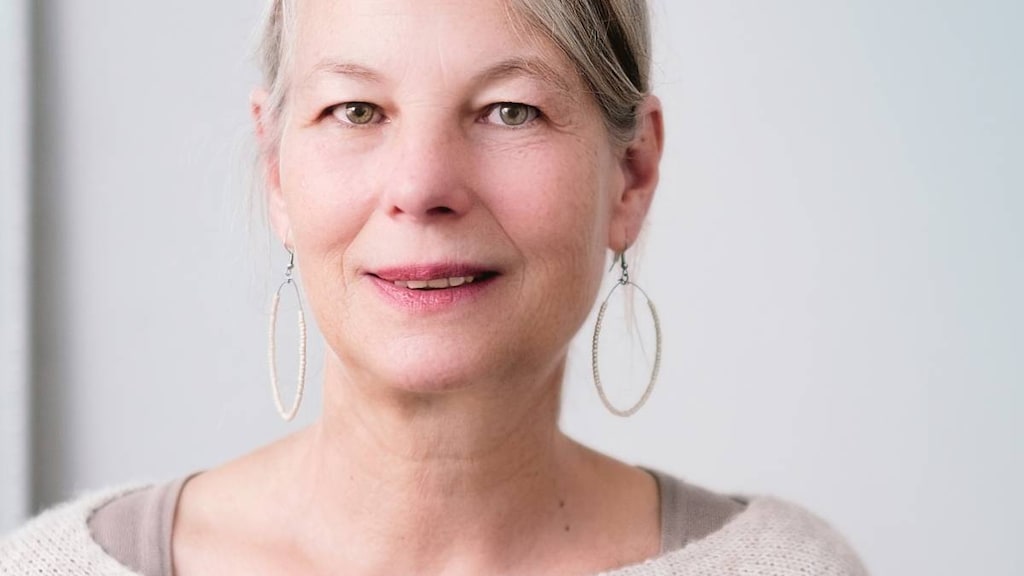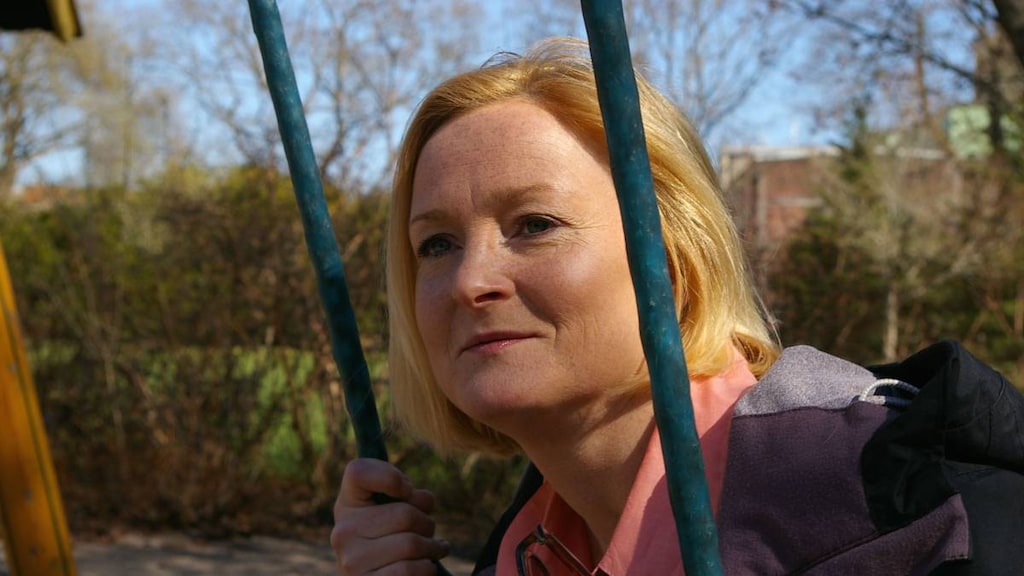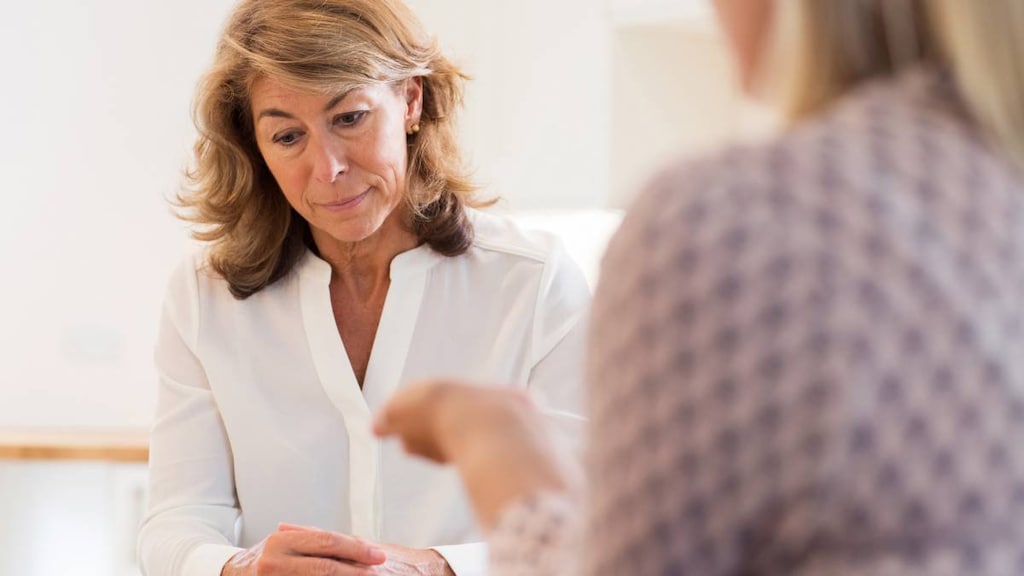10 Factors That Influence Your Menopause Age

The average woman goes through menopause at about age 51, according to the American College of Obstetricians and Gynecologists. But menopause age is a range, and you could experience it as early as your 30s or late as your 60s, according to the North American Menopause Society.
It's difficult to predict exactly when any woman will start menopause, but researchers believe a number of factors can affect the age of onset. Not all factors are believed to affect all women the same, and not all experts agree on all factors.
10 Factors that influence your menopause age
1. Your family’s menstrual history.
What age did your mom go through menopause? What age did your sisters go through menopause? Many women find they reach menopause around the same age their mothers and sisters did, assuming their menopause age was of natural causes and not because of a hysterectomy or other forced causes, according to the North American Menopause Society. Genetics seem to play a role for about half of all women, according to a review published in March 2015 in the Turkish Journal of Obstetrics and Gynecology.
2. Your ethnicity.
Like genetics, your ancestral background may have an effect, according to the National Council for Aging Care. Black and white women seem to go through menopause at about the same age, the organization says. However, Hispanic women seem to be slightly younger when they approach menopause, and Japanese women seem to be slightly older at the onset of menopause.
3. How old you were when you had your first period.
Remember how old you were when your periods started? Some research has found that the younger you were, the more likely you will stop earlier, and the older you were, the later your periods could stop. But, other research disputes that, finding no relationship between your age when menstruation starts and your age at menopause.
4. How many pregnancies you’ve had.
If you’ve never had children, you may start menopause earlier than average, according to the U.S. Office on Women’s Health. Also, how many pregnancies you’ve had can affect your age of onset. The more children, the later onset may be. Others, including the National Council for Aging Care, dispute this. The council says there’s no evidence that the number of times you’re pregnant is an influencing factor.
5. Whether you smoke.
Women who smoke are likely to go through menopause as many as two years earlier than nonsmokers, the Office on Women’s Health says. Do you spend a lot of time around others who smoke? Even secondhand smoke may bring on menopause earlier, according to a study published in Tobacco Control in October 2016.
6. What you eat.
Certain foods seem to be associated with early menopause and others with delayed menopause. When researchers looked at the UK Women's Cohort Study, which involved more than 35,000 women ages 35 to 69 from England, Scotland and Wales, they found that those who reported eating pasta and rice daily started menopause about 1.5 years earlier than those who didn’t, according to the study published in July 2018 in the Journal of Epidemiology & Community Health. On the other hand, those who reported eating more oily fish and fresh vegetables, especially peas and beans, seemed to delay the onset by three years or more. Also, those who had higher intakes of vitamin B6 and zinc seemed to have later menopause.
7. You have specific health issues or take certain medications.
About 1 percent of women go through menopause before age 40, which is considered early menopause, according to a study published in the January-March 2013 issue of the Annals of Medical & Health Sciences Research. Some illnesses that could cause early menopause include infections such as mumps and pelvic tuberculosis and thyroid diseases. Some autoimmune diseases such as Crohn’s, lupus and rheumatoid arthritis also may lead to early menopause, the North American Menopause Society says. Also, some drugs such as chemotherapy may cause premature menopause. In addition, drugs that release hormones to treat endometriosis, such as Lupron (leuprolide) and Synarel (nafarelin acetate), could cause your ovaries to stop working earlier than normal.
8. Whether you drink.
How much alcohol, if any, you drink as an adult could possibly affect when you are premenopausal and when you become postmenopausal. Some studies show that if you don’t drink at all, you could go through menopause earlier than if you drink heavily, according to the review in the Turkish Journal of Obstetrics and Gynecology. And if you drink heavily, you could go through menopause later than average.
9. How much you weigh.
The higher your body mass index (BMI), the longer it may be until you go through menopause. Similarly, researchers writing in the European Journal of Epidemiology in February 2018 looked at 11 prospective studies and concluded that if you’re underweight, you could go through menopause on the earlier side.
10. Whether you exercise, and how much.
Some studies have found that if you exercise a great deal, you could start menopause at an earlier age. On the other hand, if you exercise but it’s light, it could help delay menopause until later, according to the review in the Turkish journal.
Factors that do not influence menopause age
Contrary to popular belief, here are two factors that will not affect the age that menopause begins for you: If you took birth control pills or other fertility medications when you were younger, they are not likely to affect the age you go through menopause, according to the North American Menopause Society. Nor will how many times you breastfed, according to the National Council for Aging Care.
Early menopause has a downside
You may prefer to go through menopause toward the earlier side. But then there’s this: The earlier you go through menopause, the longer it could take, according to a study published in the journal Menopause in February 2017. The transition could be 8½ years if you start at a younger age compared with a little over 4 years if you’re older, the study found.
There’s also this: While going through early menopause may sound good to some women — no more monthly periods — early menopause could bring on some health risks. Because you have less estrogen when you go through menopause, you could be at higher risk for osteoporosis, heart disease and stroke. It also can also increase your risk for memory loss, according to the Australian Menopause Society.
How to know when menopause starts
It’s hard to predict when anyone will go through menopause. So how do you know if it’s happening to you? Here are some signs, according to the North American Menopause Society:
- Your periods become irregular. They may stop and start.
- You experience hot flashes and night sweats.
- You have trouble sleeping, which is when your hot flashes and night sweats are likely to occur.
- You experience thinning and drying of your vaginal tissue, which can make having sex less enjoyable.
- You find your moods swing — you cry unexpectedly and more often.
- You have trouble maintaining your weight. Your metabolism seems to slow, and you have to be more careful about what you eat and how much you move.[14]
The bottom line
There is some debate over what factors will influence the age a woman goes through menopause. Most likely indicators are the age your mom did, the age your sisters do and your lifestyle habits.
Article references
- The Menopause Years, the American College of Obstetricians and Gynecologists. https://www.acog.org/Patients/FAQs/The-Menopause-Years?IsMobileSet=false
- Are We There Yet? Navigate Now with Our Guided Menopause Tour, North American Menopause Society. https://www.menopause.org/for-women/menopauseflashes/menopause-symptoms-and-treatments/are-we-there-yet-navigate-now-with-our-guided-menopause-tour
- Duration of the menopausal transition is longer in women with young age at onset: the multiethnic Study of Women's Health Across the Nation. Menopause, February 2017. https://www.ncbi.nlm.nih.gov/pubmed/27676632
- Menopause Basics? The Office of Women’s Health https://www.womenshealth.gov/menopause/menopause-basics
- Associations between lifetime tobacco exposure with infertility and age at natural menopause: the Women's Health Initiative Observational Study. BMJ Tobacco Control. October 2016 https://tobaccocontrol.bmj.com/content/25/6/706.full
- Premature Menopause, Annals of Medical & Health Sciences Research, January-March 2013 https://www.ncbi.nlm.nih.gov/pmc/articles/PMC3634232/
- Factors affecting age of onset of menopause and determination of quality of life in menopause, Turkish Journal of Obstetrics and Gynecology, March 2015. https://www.ncbi.nlm.nih.gov/pmc/articles/PMC5558404/
- Dietary intake and age at natural menopause: results from the UK Women’s Cohort Study. Journal of Epidemiology and Community Health, 2018 https://jech.bmj.com/content/72/8/733
- Dongshan Zhu et al. Body mass index and age at natural menopause: an international pooled analysis of 11 prospective studies, European Journal of Epidemiology, February 2018. https://link.springer.com/article/10.1007/s10654-018-0367-y
- The relation of age at menarche with age at natural menopause: a population study of 336 788 women in Norway. Human Reproduction, June 2018. https://academic.oup.com/humrep/article/33/6/1149/4964856
- Menopause and Your Health. https://www.womenshealth.gov/menopause/menopause-and-your-health
- Fact Sheets, Australian Menopause Society. https://www.menopause.org.au/health-info/fact-sheets
- Menopause 101, The North American Menopause Society. https://www.menopause.org/for-women/menopauseflashes/menopause-symptoms-and-treatments/menopause-101-a-primer-for-the-perimenopausal
- When does menopause happen, National Council for Aging Care. https://www.aging.com/what-is-menopause/
- Perimenopause, Menopause, Post Menopause, Cleveland Clinic. https://my.clevelandclinic.org/health/diseases/15224-menopause-perimenopause-and-postmenopause

